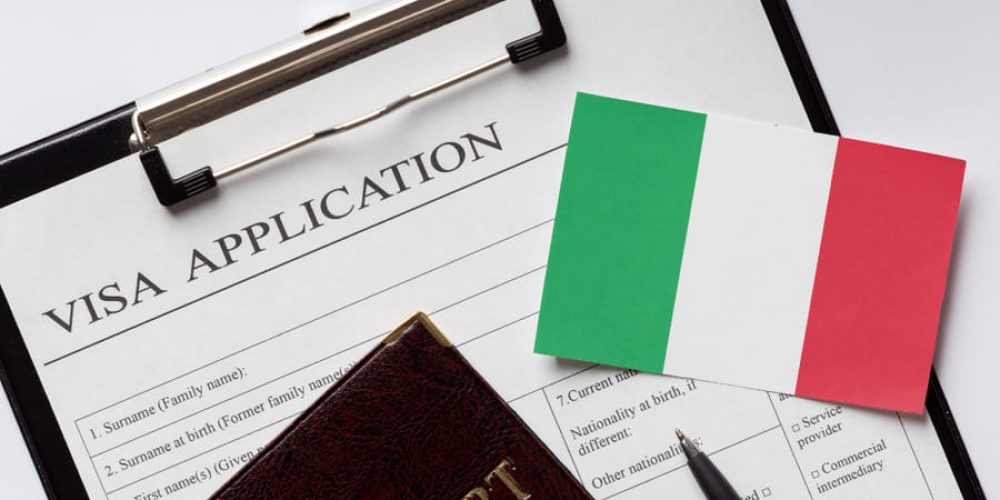Italian citizenship iure sanguinis (by right of blood) allows descendants of Italian citizens to claim Italian nationality through their lineage. This principle applies to individuals of Italian descent, even if they were born outside Italy, provided that their ancestors did not formally renounce their Italian citizenship before passing it on to the next generation.
For U.S. citizens with Italian ancestry, the eligibility to apply for Italian citizenship iure sanguinis depends on specific legal requirements. The law applies to descendants of Italian emigrants who left Italy after 1860, when Italy became a unified nation. This means that U.S. citizens whose grandparents emigrated from Italy may qualify for citizenship, provided that the Italian bloodline remained unbroken.
One of the most important aspects of iure sanguinis is that it applies to both paternal and maternal lineage. However, there is a crucial legal distinction: descendants from a maternal line can claim citizenship only if the child was born after January 1, 1948, due to historical gender-based restrictions in Italian nationality laws. Those born before this date can still claim citizenship, but only by filing a petition with an Italian court.
Claiming Italian Citizenship Iure Sanguinis: Legal Pathways
There are three main ways for U.S. descendants to apply for Italian citizenship iure sanguinis:
Administrative Process via the Italian Consulate
- This is the most common route for applicants residing abroad. It involves submitting a request to the Italian consulate that serves their U.S. jurisdiction. The process requires gathering official documentation proving the Italian lineage, including birth, marriage, and naturalization records. Due to the high demand, consulate appointments can have long waiting times—sometimes exceeding 5 years.
Application via Residency in Italy
- An alternative to the consular process is applying directly in Italy by establishing residency in the ancestral town of the Italian ancestor. This method can significantly reduce the waiting time compared to consular applications, as local municipalities (comuni) typically process requests faster.
Judicial Petition in Italian Courts
- For cases involving a maternal lineage before 1948 or excessive consular delays, applicants can seek legal recognition through the Italian court system. This requires filing a petition in an Italian tribunal, often with the assistance of a legal expert specializing in citizenship law. Damiani&Damiani is an international law firm based in Italy, provides comprehensive legal support for Italian citizenship by descent, guiding clients through complex court procedures and ensuring their rights are recognized.
Eligibility Requirements and Required Documents
To apply for Italian citizenship iure sanguinis, the applicant must prove the uninterrupted transmission of Italian nationality. The key requirements include:
- The Italian ancestor must have been an Italian citizen after 1860.
- The ancestor must not have naturalized as a U.S. citizen before the birth of the next generation.
The applicant must provide a complete set of civil records, including:
- Birth, marriage, and death certificates (both U.S. and Italian)
- Naturalization records or a statement of “no record” of naturalization
- Apostilles and certified translations of all non-Italian documents
Why Choose the Legal Route for Italian Citizenship?
Many applicants choose to work with legal professionals to avoid delays, missing documents, or procedural errors. Cases involving:
- Maternal lineage before 1948
- Lost or missing documents
- Discrepancies in records
often require judicial intervention rather than administrative processing. A legal expert ensures that the process is handled efficiently, increasing the likelihood of success.
Secure Your Italian Citizenship Iure Sanguinis
Claiming Italian citizenship iure sanguinis is a valuable investment in your future. It grants you the right to live, work, and study in the European Union, access world-class healthcare, and connect with your Italian heritage. With the right approach and professional support, your journey to Italian citizenship can be seamless and successful.




Comments 0